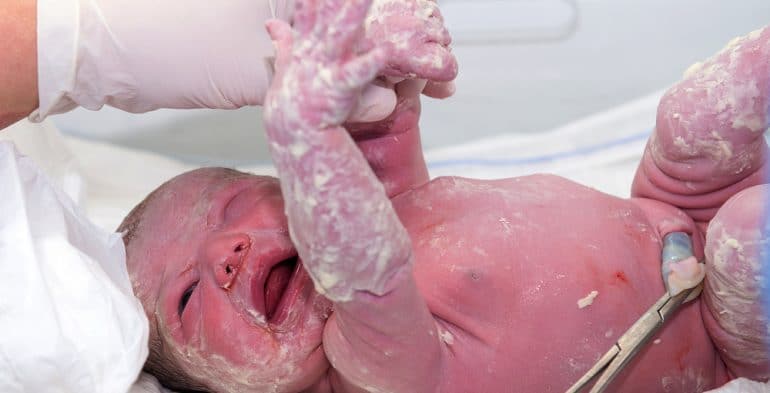
Complications and difficulties in birth
Sometimes birth does not go as planned and can become dangerous. If a woman in labor has become completely worn out or her, or the baby’s health is at risk, medical staff may need to intervene.
Without medical help many women and babies would become seriously ill or may even die as a result of birth and in the days before wide spread medical support birth carried considerable risk. Thankfully today women in labor are given a lot of support and serious complications are rare.
There are some who argue that birth has become a medical procedure and that home births etc should be more available. That is a different subject and this article concerns itself with when labor has become a medical issue.
What is assisted delivery?
Assisted delivery is the use of forceps or a vacuum device to aid the baby in leaving the mothers body.
Although it sounds frightening, as long as the baby’s head is low enough in the birth canal, assisted delivery is safe and often a good alternative to the more invasive practice of Cesarean section.
Will it require anesthesia or other medical procedures?
If your water hasn’t already broken, your doctor will rupture your membranes. The nurse or doctor will use a Catheter to drain your bladder. And unless you already have an epidural, you may be given a pudendal block – a local anesthetic injected into your vaginal wall to numb your entire genital area.
You may also need an episiotomy (a small cut in the tissue between your vagina and your anus), particularly for a forceps delivery so that there’s room to insert the instrument. Finally, it’s routine for a pediatrician to be on hand for any delivery that requires instruments.
Vacuum Extraction
In this procedure a small plastic suction cup is attached to the baby’s head and the doctor will ask you to push while they gently pull on a handle attached to the device.
Complications are rare, but a baby born with the help of a vacuum may have a raised bruise on the top of their head. The bruise usually goes away within a few weeks, though it may take longer.
Forceps delivery
A forceps delivery is generally considered more risky but again is not often likely to cause major problems, though it can cause small tears in the rectum or vagina.
A pair of spoon shaped forceps are used to grasp your baby’s head and again are used to aid you in pushing as the doctor gently pulls the baby out of the birth canal.
Recovery after assisted delivery
After procedures like these you will need to rest and will normally need stitches. You may have some problems with your bowels or some urinary incontinence due to disturbance to the nerves in this area.
However these are all problems that medical professionals have huge experience with and many other mothers will have been through the same experiences. Time and good care will heal you and your baby will be healthy and well.
Be sure to talk through any anxieties you have. You are not alone.







